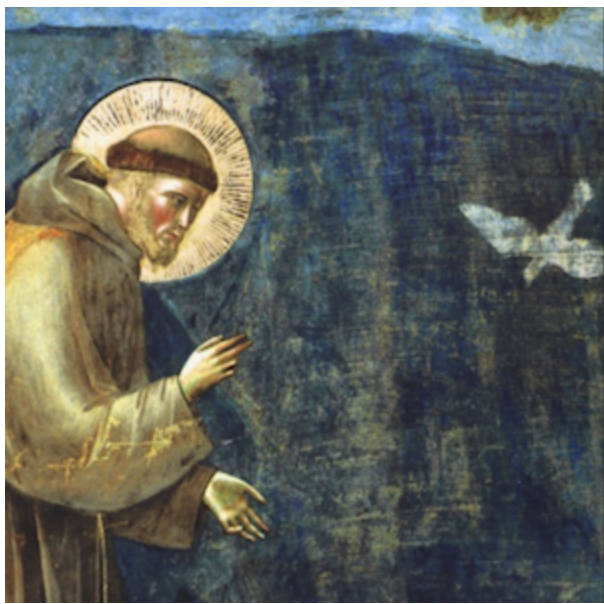Le stimmate di Francesco come locus philosophicus
DOI:
https://doi.org/10.13130/2035-7362/10354Abstract
L'esperienza cristiana di Francesco d'Assisi ha ispirato non solo la letteratura religiosa del suo tempo, ma ha costituito un punto di riferimento anche per l'elaborazione filosofica e teologica dei maestri francescani, come si evince dall'analisi di una questione quodlibetale di Pietro Tommaso relativa al fenomeno delle stimmate del Poverello. Il testo del maestro catalano, in confronto anche con testi simili precedenti o coevi, si presenta come un testimone interessante della temperie culturale dei primi decenni del Trecento, dal momento che analizza la stimmatizzazione di Francesco non tanto per uno scopo apologetico, quanto piuttosto come come locus philosophicus grazie al quale elaborare alcune riflessioni sul rapporto tra natura e soprannatura e in merito alla potentia Dei absoluta.
The Christian experience of Francis of Assisi not only inspired the religious literature of his time but also constituted a reference point for the philosophical and theological elaboration of the Franciscan masters, as it can be deduced from the analysis of a quodlibetal question of Petrus Thomae about the phenomenon of the Poverello's stigmata. The text of the Catalan master, in comparison also with similar previous or coeval texts, arises as an interesting witness of the cultural age of the fourteenth century early decades, since it analyzes the stigmatization of Francis not so much for an apologetic purpose, but rather as locus philosophicus thanks to which it is possible to elaborate some reflections on the relationship between nature and supernature and on the potentia Dei absoluta.
Downloads
Dowloads
Pubblicato
Come citare
Fascicolo
Sezione
Licenza
Gli autori che pubblicano su questa rivista accettano le seguenti condizioni:
a. Gli autori mantengono i diritti sulla loro opera e cedono alla rivista il diritto di prima pubblicazione dell'opera, contemporaneamente licenziata sotto una Licenza Creative Commons - Attribuzione che permette ad altri di condividere l'opera indicando la paternità intellettuale e la prima pubblicazione su questa rivista.
b. Gli autori possono aderire ad altri accordi di licenza non esclusiva per la distribuzione della versione dell'opera pubblicata (es. depositarla in un archivio istituzionale o pubblicarla in una monografia), a patto di indicare che la prima pubblicazione è avvenuta su questa rivista.
c. Gli autori possono diffondere la loro opera online (es. in repository istituzionali o nel loro sito web) prima e durante il processo di submission, poichè può portare a scambi produttivi e aumentare le citazioni dell'opera pubblicata (Vedi The Effect of Open Access).





